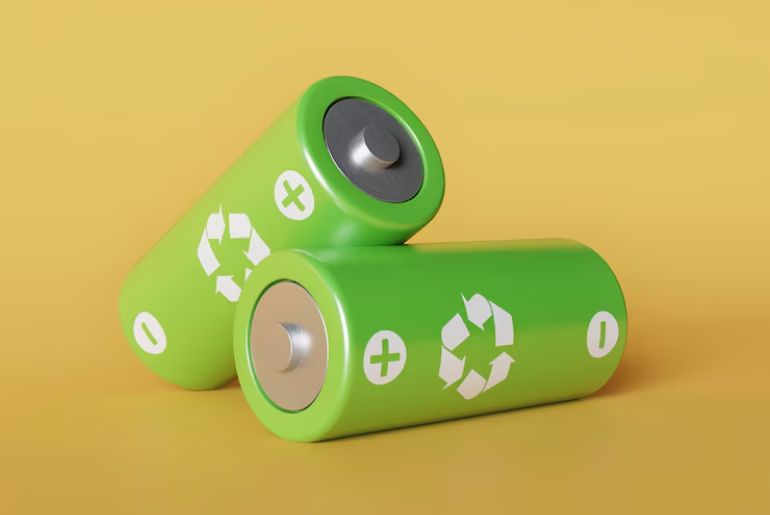The rising demand for electric vehicles, renewable energy storage and consumer electronics has led to increased lithium-ion battery usage, sparking environmental concerns. Lithium-ion battery recycling has become crucial to mitigate harm, reduce dependence on raw materials and support a circular economy. India’s growing EV market and renewable energy sector necessitate sustainable recycling solutions. Companies in India are addressing this challenge by leveraging innovative technologies to recover valuable materials like lithium, cobalt and nickel from spent batteries. These pioneers prioritize responsible recycling, fostering sustainability and environmental stewardship. Their efforts reduce e-waste, conserve resources and decrease carbon footprints, promoting a circular economy.
Effective Li-ion battery recycling is vital for India’s environmental sustainability. Companies’ proactive approaches ensure resource efficiency, minimize environmental risks and support green energy ambitions. As India’s EV market expands, sustainable recycling practices will play a critical role in protecting the environment for future generations. Responsible recycling safeguards India’s ecological balance.
Lithium-Ion Battery Recycling Companies in India
1. Exide Industries
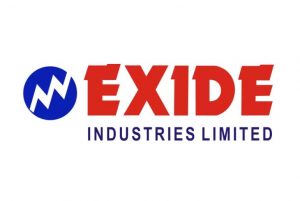 It is one of India’s largest battery manufacturers. It has made significant progress in lithium-ion battery recycling. The company operates state-of-the-art facilities that recycle both lead-acid and lithium-ion batteries.
It is one of India’s largest battery manufacturers. It has made significant progress in lithium-ion battery recycling. The company operates state-of-the-art facilities that recycle both lead-acid and lithium-ion batteries.
Exide uses advanced processes to reduce environmental harm by recycling batteries and recovering valuable metals like lead, lithium, and cobalt. This not only minimizes waste and reliance on mining but also supports the sustainability of battery-powered technologies, promoting a cleaner, more efficient approach to resource use and energy solutions.
2. Attero Recycling
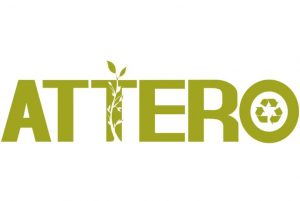 It is another leader in India’s e-waste sector. It emphasizes lithium-ion battery recycling in its operations. The company uses proprietary technologies to recycle batteries from consumer electronics and EVs.
It is another leader in India’s e-waste sector. It emphasizes lithium-ion battery recycling in its operations. The company uses proprietary technologies to recycle batteries from consumer electronics and EVs.
Attero partners with global players to ensure safe and sustainable recycling. Its large-scale facility focuses on recovering raw materials like lithium, cobalt, and nickel, which are reused in new batteries.
3. Green Li-ion
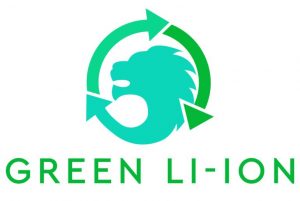 The company specializes in lithium-ion battery recycling, consequently developing an innovative process. Meanwhile, this process minimizes environmental impact and maximizes recovery of critical materials like lithium, cobalt and nickel. Furthermore, Green Li-ion established a pilot plant in India, subsequently paving the way for scaled-up operations.
The company specializes in lithium-ion battery recycling, consequently developing an innovative process. Meanwhile, this process minimizes environmental impact and maximizes recovery of critical materials like lithium, cobalt and nickel. Furthermore, Green Li-ion established a pilot plant in India, subsequently paving the way for scaled-up operations.
Simultaneously, the company addresses the growing environmental concerns surrounding EV battery waste. Likewise, Green Li-ion’s cutting-edge technology ensures responsible recycling practices. Moreover, its closed-loop system conserves resources, decreases carbon footprints and promotes a circular economy.
Ultimately, Green Li-ion’s pioneering efforts significantly reduce the environmental footprint of India’s expanding EV market. Meanwhile, the company supports sustainable growth, environmental stewardship and a greener future. Consequently, Green Li-ion sets a benchmark for eco-friendly battery recycling, driving industry-wide transformation. As a result, India’s transition to a sustainable transportation ecosystem accelerates.
4. Sungrow Power Supply Co.
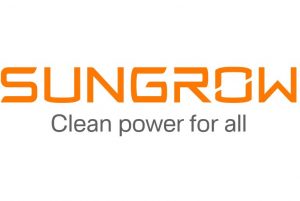 It is a Chinese company with a significant presence in India that specializes in recycling lithium-ion batteries for renewable energy storage and EVs. Consequently, Sungrow integrates recycling into its business, developing a sustainable supply chain.
It is a Chinese company with a significant presence in India that specializes in recycling lithium-ion batteries for renewable energy storage and EVs. Consequently, Sungrow integrates recycling into its business, developing a sustainable supply chain.
Meanwhile, this strategic approach reduces reliance on raw materials, minimizing environmental impact. Furthermore, Sungrow promotes the reuse of valuable metals like lithium, cobalt and nickel. The company addresses growing concerns surrounding e-waste management.
Moreover, Sungrow’s closed-loop system conserves resources, decreases carbon footprints and fosters a circular economy. Additionally, this innovative model sets a benchmark for industry sustainability. Ultimately, Sungrow’s pioneering efforts transform the renewable energy sector, ensuring a greener future.
As a result, India’s transition to sustainable transportation and energy storage accelerates. Consequently, Sungrow solidifies its leadership in eco-friendly solutions, driving growth and environmental stewardship. Meanwhile, the company continues to innovate, shaping India’s renewable energy landscape.
5. Neometals Ltd.
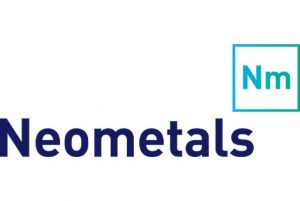 It is an Australian company which is strategically investing in India’s lithium-ion battery recycling market. Consequently, it forges partnerships with local companies, leveraging expertise and resources. Simultaneously, Neometals deploys advanced recycling techniques to extract valuable materials like lithium, cobalt and nickel.
It is an Australian company which is strategically investing in India’s lithium-ion battery recycling market. Consequently, it forges partnerships with local companies, leveraging expertise and resources. Simultaneously, Neometals deploys advanced recycling techniques to extract valuable materials like lithium, cobalt and nickel.
Meanwhile, the company prioritizes sustainability, aiming to create a closed-loop system. Furthermore, this innovative approach minimizes waste, reduces carbon footprints and conserves resources. Additionally, Neometals’ cutting-edge technology ensures efficient extraction, maximizing material recovery.
Ultimately, the partnership fosters long-term sustainability, supporting India’s green energy ambitions. Consequently, Neometals strengthens its position in the global recycling market. As a result, India’s lithium-ion battery recycling landscape transforms, driving growth and environmental stewardship. Meanwhile, Neometals continues to innovate, shaping the future of sustainable energy solutions. Subsequently, its impact extends beyond India, influencing global best practices in battery recycling.
6. BASF India
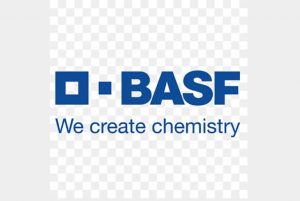 As a global leader in chemicals, the company is expanding into the lithium-ion battery recycling market. By helping manufacturers recover and reuse valuable materials from spent batteries, the company supports a circular economy. Through strategic collaborations across various industries, it focuses on developing sustainable solutions to reduce the environmental impact of lithium-ion battery production and disposal. This initiative not only ensures resource efficiency but also promotes environmental stewardship, advancing the transition to greener technologies.
As a global leader in chemicals, the company is expanding into the lithium-ion battery recycling market. By helping manufacturers recover and reuse valuable materials from spent batteries, the company supports a circular economy. Through strategic collaborations across various industries, it focuses on developing sustainable solutions to reduce the environmental impact of lithium-ion battery production and disposal. This initiative not only ensures resource efficiency but also promotes environmental stewardship, advancing the transition to greener technologies.
7. Li-Cycle
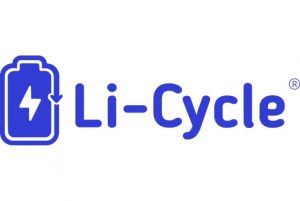 As a global leader in battery recycling, Li-Cycle has expanded its operations in India to address the growing demand for sustainable recycling solutions. The company utilizes its patented ‘Spoke and Hub’ model to efficiently process lithium-ion batteries. This innovative approach allows Li-Cycle to recover over 95% of critical materials such as lithium, cobalt, and nickel, ensuring they are reused in the production of new batteries. By focusing on sustainability and resource efficiency, Li-Cycle is playing a key role in reducing the environmental impact of battery disposal.
As a global leader in battery recycling, Li-Cycle has expanded its operations in India to address the growing demand for sustainable recycling solutions. The company utilizes its patented ‘Spoke and Hub’ model to efficiently process lithium-ion batteries. This innovative approach allows Li-Cycle to recover over 95% of critical materials such as lithium, cobalt, and nickel, ensuring they are reused in the production of new batteries. By focusing on sustainability and resource efficiency, Li-Cycle is playing a key role in reducing the environmental impact of battery disposal.
8. Tata Chemicals
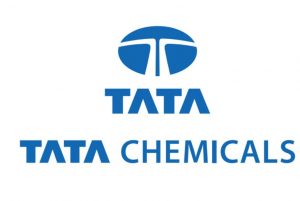 The company is entering the lithium-ion battery recycling space with a focus on recovering cathode active materials from used batteries. Tata’s efforts have led to the high-purity recovery of valuable metals such as lithium, cobalt, nickel, and manganese. With operations located near Mumbai, the company aims to scale its recycling capabilities to process 500 tons of spent batteries in the future. By advancing sustainable recycling technologies, Tata is contributing to the circular economy, reducing the environmental impact of battery waste.
The company is entering the lithium-ion battery recycling space with a focus on recovering cathode active materials from used batteries. Tata’s efforts have led to the high-purity recovery of valuable metals such as lithium, cobalt, nickel, and manganese. With operations located near Mumbai, the company aims to scale its recycling capabilities to process 500 tons of spent batteries in the future. By advancing sustainable recycling technologies, Tata is contributing to the circular economy, reducing the environmental impact of battery waste.
9. RecycleKaro
 The company has established India’s largest lithium-ion battery recycling facility. It processes 2,500 metric tonnes of batteries annually.
The company has established India’s largest lithium-ion battery recycling facility. It processes 2,500 metric tonnes of batteries annually.
The company aims to increase capacity to 50,000 metric tonnes by 2025.
Operating as a zero-waste plant, RecycleKaro uses advanced technology to recover metals like cobalt, nickel, and manganese.
10. Ziptrax Cleantech
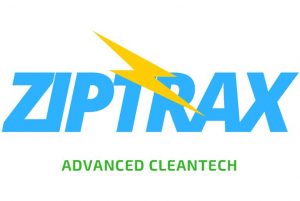 Founded in 2016, Ziptrax specializes in extending the life of lithium-ion batteries through advanced AI technology. The company utilizes artificial intelligence to segregate usable cells and applies hydrometallurgical processes to recover valuable materials such as nickel, cobalt, and manganese. This innovative approach not only contributes to sustainability by reducing waste but also enhances the recycling of critical materials used in battery production. Ziptrax is working towards constructing a state-of-the-art facility capable of recycling 1,200 tonnes of batteries annually.
Founded in 2016, Ziptrax specializes in extending the life of lithium-ion batteries through advanced AI technology. The company utilizes artificial intelligence to segregate usable cells and applies hydrometallurgical processes to recover valuable materials such as nickel, cobalt, and manganese. This innovative approach not only contributes to sustainability by reducing waste but also enhances the recycling of critical materials used in battery production. Ziptrax is working towards constructing a state-of-the-art facility capable of recycling 1,200 tonnes of batteries annually.
Conclusion
As India transitions towards a greener future, managing battery waste emerges as a pressing concern. Consequently, companies like Attero Recycling, Tata Chemicals, RecycleKaro and Ziptrax Cleantech are tackling this challenge. Meanwhile, these innovators leverage cutting-edge technologies to mitigate environmental harm. Simultaneously, they prioritize lithium-ion battery recycling, conserving resources and promoting a circular economy. Furthermore, their efforts significantly reduce e-waste, decrease carbon footprints and foster sustainability. Moreover, these companies’ proactive approaches ensure responsible disposal, minimizing environmental risks.
Additionally, they recover valuable materials like lithium, cobalt and nickel, extending their lifespan. Likewise, this closed-loop system supports India’s green energy ambitions. Notably, these pioneers set industry standards for environmentally responsible practices. Ultimately, companies like Attero Recycling, Tata Chemicals, RecycleKaro and Ziptrax Cleantech play a vital role in shaping India’s eco-friendly future. Meanwhile, their innovations pave the way for sustainable growth, environmental stewardship and a greener tomorrow. Consequently, India’s transition to a circular economy gains momentum, ensuring a healthier environment for generations to come.

